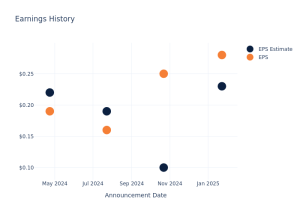
Millions of Americans facing retirement are worried they won’t be financially prepared — or fear that they’ll have to work forever.
Some are already there. Finances and retirement were major themes in the roughly 1,200 responses Business Insider received from Americans between the ages of 48 and 90 who filled out a voluntary survey about their biggest regrets. (This is part two of an ongoing series.)
Many of the respondents in the baby boomer generation said retirement — how to invest and how much one needs — is a black box. Some wish they’d hired a financial advisor, while others regretted expensive purchases. Others said they took Social Security too early or retired without a long-term financial plan.
And then there are those who suffered an unexpected setback such as a cancer diagnosis, a job loss, or a divorce and wish they’d been better prepared for an emergency.
Gary Lee Hayes, 70, wished he’d been more regimented with his savings and investments. The California resident briefly served in the Navy, got a degree in public administration, and worked in mental health and handyman positions. He had little financial literacy growing up and said he didn’t focus on building his career to be more lucrative.
Two of Hayes’ main money regrets are not investing in Verizon stock early on and not saving at least 10% of his income each month. He also said he was somewhat too liberal with his spending throughout his life, though he said he didn’t purchase anything too far beyond his means. He also avoided putting money into his 401(k) and said he should have chosen more stable investments instead of short-term ones.
“You can’t expect that you’re all of a sudden going to win the lottery,” said Hayes, who receives $1,846 a month in Social Security and lives in government-subsidized housing. “You can’t expect that someone’s going to pass and leave you an inheritance that will make your life more comfortable.”
A major theme among BI’s survey respondents was that they lacked knowledge about investing. For some, this meant not saving enough; for others, it meant falling into some common investing mistakes.

